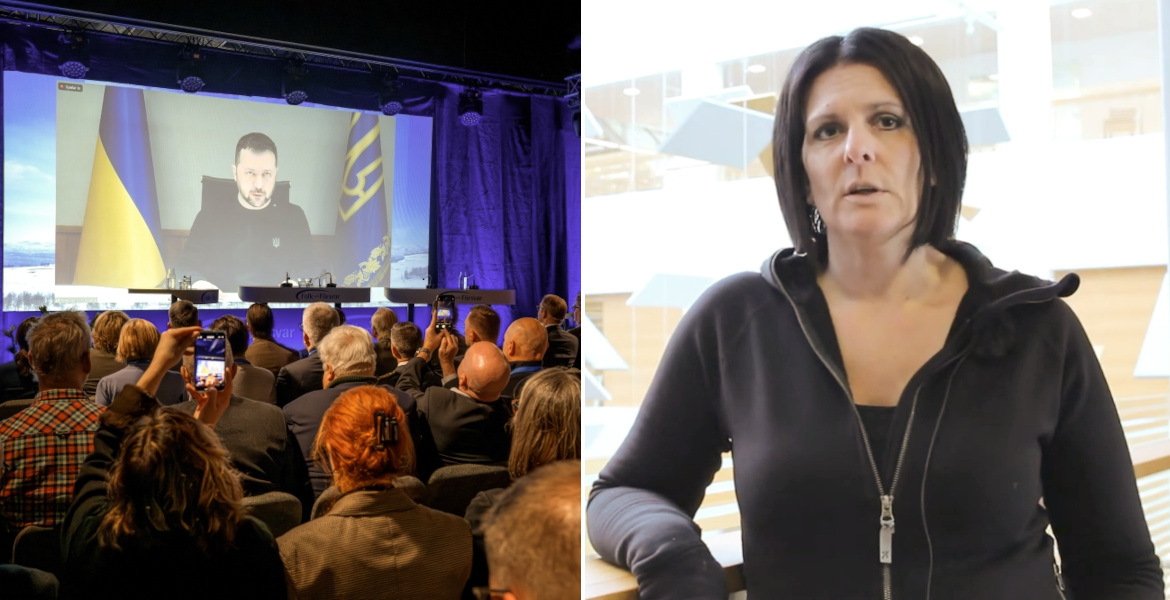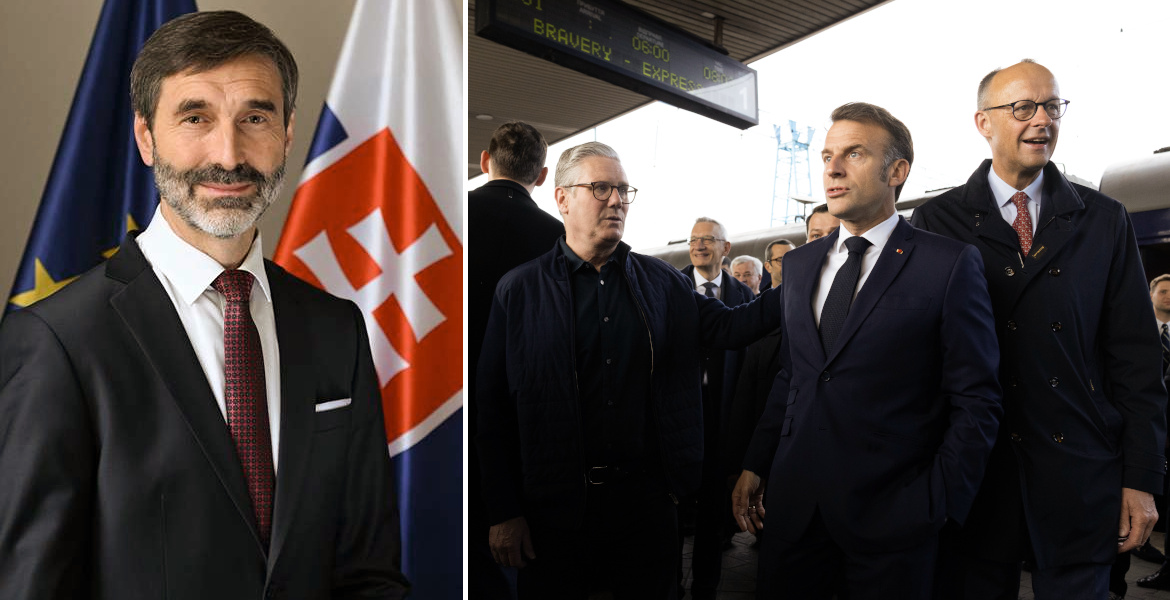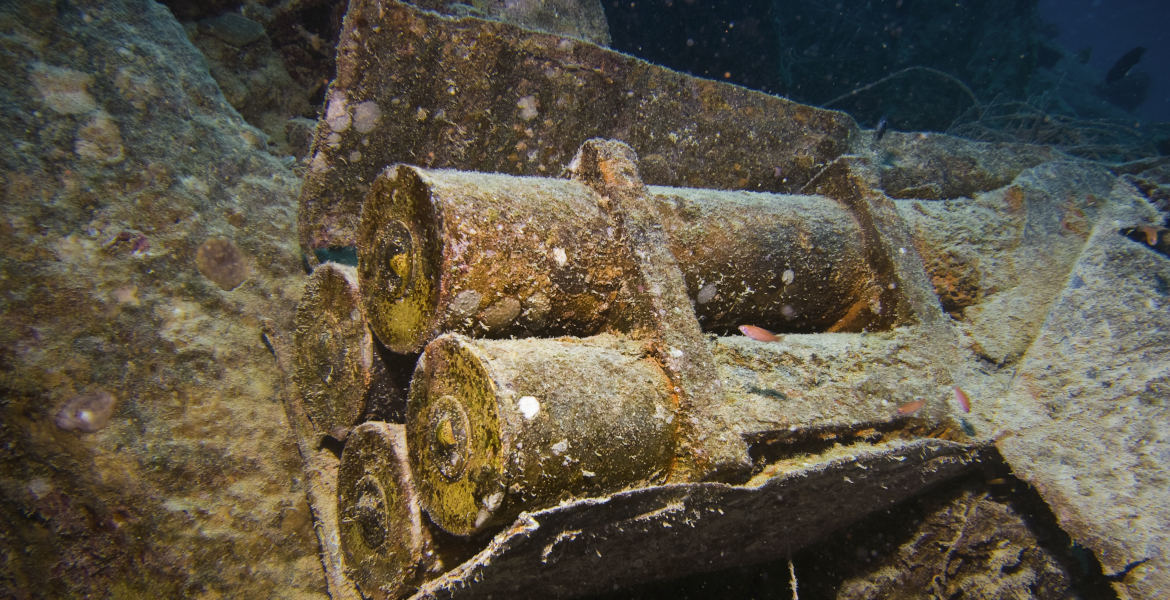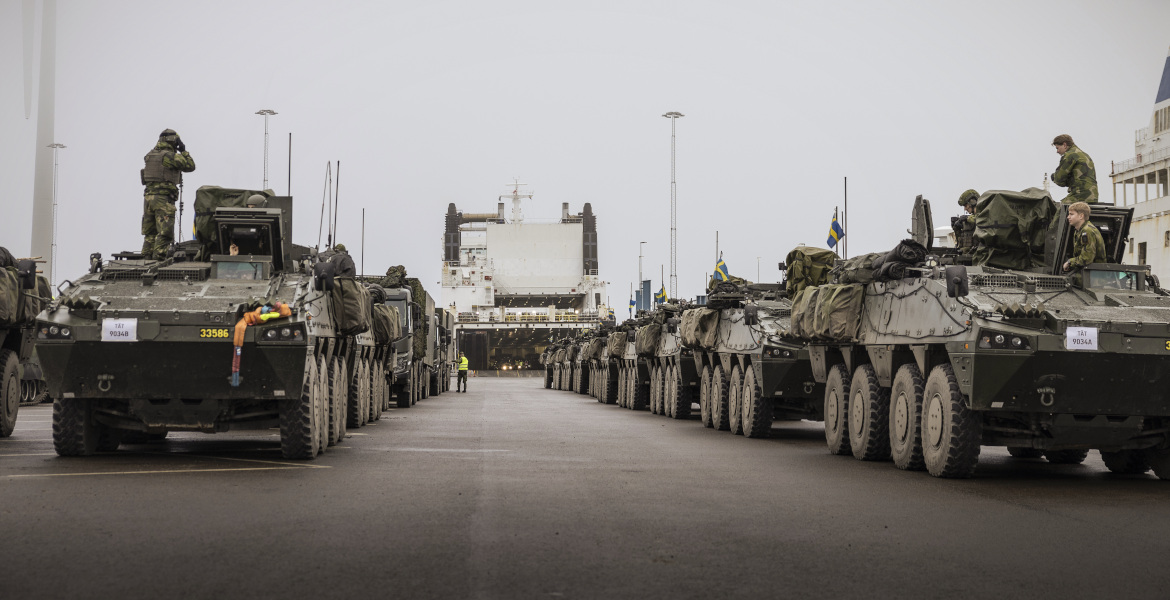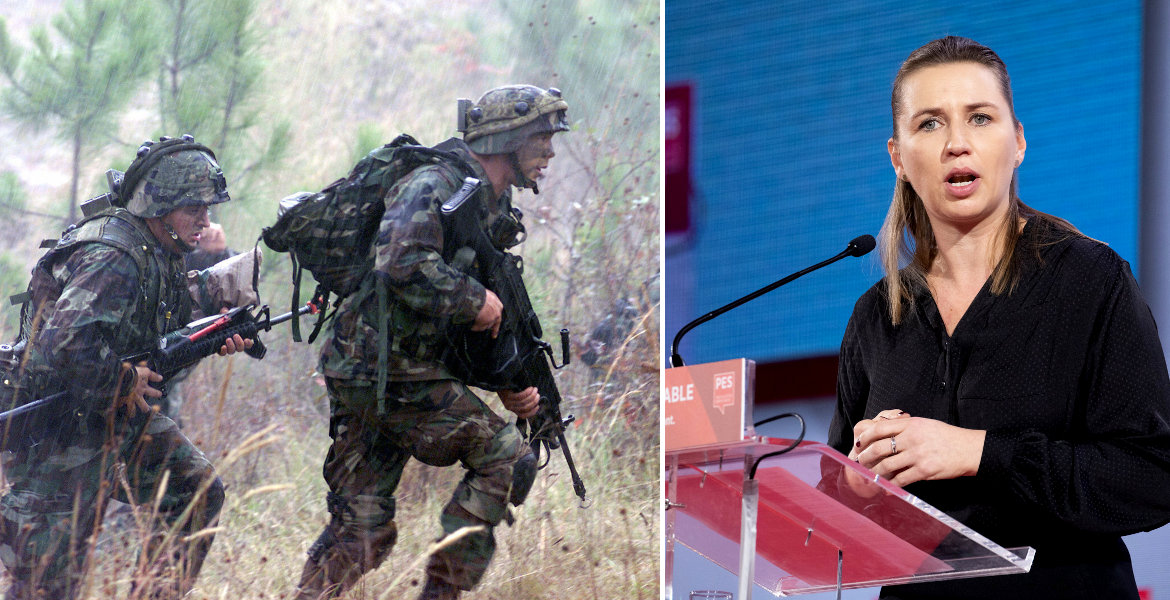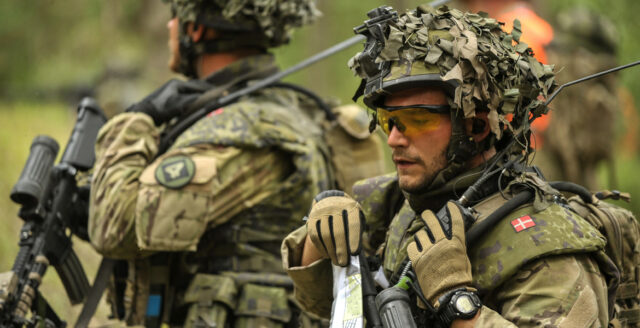Frida Stranne, a PhD in peace and development studies, is deeply saddened by the climate of debate in Sweden, where she believes only militaristic and pro-NATO profiles are given space in the public debate, and where nuanced and peace-seeking voices are intimidated into silence.
“Our politicians would rather prepare us to send our young people into future wars than listen to knowledge that teaches us how to prevent war”, she comments darkly.
In Aftonbladet, Stranne points out that the Swedish debate on NATO has been characterized by “narrow-mindedness” and that people have not been allowed to discuss the war in a nuanced and objective way.
“A few influential debaters and experts were allowed to decide how we should understand what happened. We were taught that if we just throw more weapons into the machine, and a little more, victory will soon be here. But also that NATO expansion had nothing to do with the war, that there was no room for negotiation, and that the struggle was between freedom and tyranny everywhere”.
The peace researcher notes how those who disagreed with the bellicose and black-and-white narrative were accused of “doing Putin’s bidding”, and how those who advocated a peaceful solution and negotiations were subjected to personal attacks and abuse.
“Historical facts were rejected and mocked, even though they have been central to Washington’s own analysis since the end of the Cold War. The war in Ukraine was not seen as in need of contextualization at all”.

“The climate created was a textbook example of what free and open debate should not be. Citizens and decision-makers were not given the opportunity to understand different options for action in the new uncertain environment in which we find ourselves. Especially those aimed at peace. Many important voices have been silenced because they are unable or unwilling to expose themselves to the pressure of not going with the flow”, she continues.
“Good versus evil”
When Israel began its bombing campaign against Gaza, the debate became even more distorted and destructive. Those who questioned Israel’s actions were subjected to harsh personal accusations and slander.
“Mercy to anyone who tries to point out that we need to do some self-criticism, or that we need to be aware of the propaganda machine that prevents us from seeing the damage we are doing to others and the interests that are driving a militarization unprecedented in history and obscuring the view of where the end of indiscriminate killing can be found”, Stranne notes.
She also laments that we in the West have convinced ourselves that some people are ultimately evil and that the West’s bombs “are good and that these bombs are for our common good”. Stranne also points out that Stoltenberg’s admission that NATO was involved in the outbreak of the war, or the fact that both Putin and Zelensky were trying to bring about peace, are not covered at all by the Western media – because they do not fit into “the established picture of how we should view what is happening”.

“With the wars in Ukraine and Gaza, we in the West are also blatantly displaying our double standards and are completely blind to the anger this is causing in the world. We seem to think that the West, which represents about 15% of the world’s population, will continue to be able to judge and invoke a rules-based world order when it suits our own purposes, and ignore those same legal principles when we don’t think it’s in our best interests”.
“Blind faith in military solutions”
According to Stranne, much of the blame lies with the major media, which have ignored their mandate to provide their readers and listeners with context, a diversity of experts, and different voices and perspectives – instead giving space only to the war narrative.
“A blind faith in military solutions risks creating serious concerns for Europe’s future security and prosperity. We know empirically that the ability of war to bring stability and democracy is non-existent”, she notes, pointing out that millions of lives have been sacrificed in America’s many wars.
“What we have heard in recent days from the National Conference on People and Defense manifests the one-sidedness that has characterized our debate. When we need a broader range of perspectives, more context, and the opportunity to learn from history, we are served up unilateral and military solutions as the only way forward. Our politicians would rather prepare us to send our young people into future wars than listen to knowledge that teaches us how to prevent war”, she concludes.
